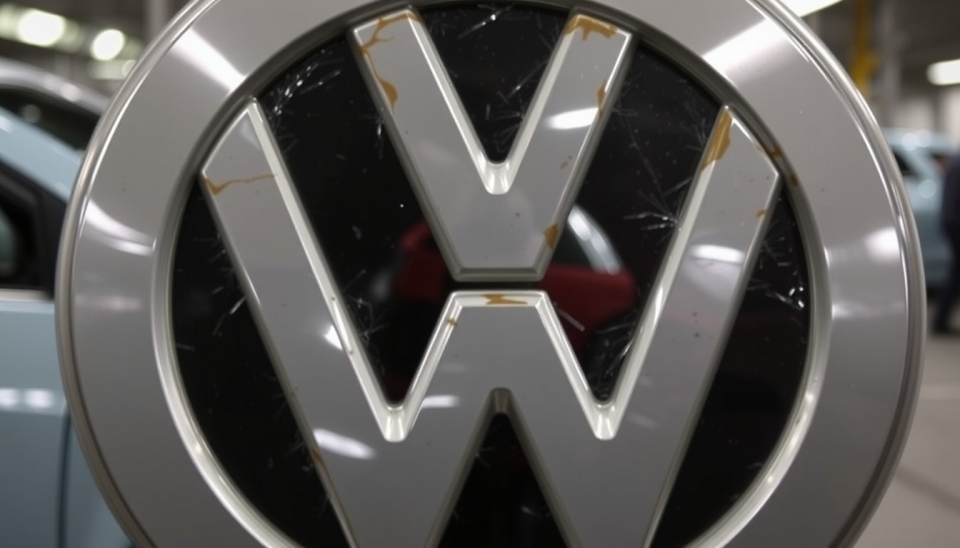Volkswagen Factory Closures: A Symbolic Moment in Germany's Industrial Decline

The recent decision by Volkswagen to close several of its factories in Germany has become a significant signal reflecting serious changes in the country's industrial landscape. This move not only highlights the growing difficulties faced by major car manufacturers but also marks a deeper crisis in the German industry, indicating that the era of automotive dominance in the country may be coming to an end.
The factory closures, including some of the most historical and iconic manufacturing facilities, are a result of several factors. Firstly, the German automotive industry is facing a sharp decline in demand for traditional internal combustion engine vehicles, which is related to the overall shift towards electric vehicles. Governments worldwide are implementing stricter environmental regulations, while consumers are also becoming increasingly aware of the importance of sustainable development.
Secondly, Volkswagen, one of the largest automotive companies in the world, is struggling to adapt to new technological conditions. Investments in the development of electric vehicles require significant expenditures, partially explaining the need to optimize production capacities. Additionally, competition from new market players, such as Tesla, also has a substantial impact on Volkswagen’s business.
It is symbolic that these closures are occurring during a time of economic uncertainty as Germany seeks to revive its economy after the effects of the COVID-19 pandemic. The labor market is also beginning to face challenges, as job cuts at factories could lead to mass layoffs, making life difficult for many families and regions dependent on the automotive industry.
However, many experts believe that this trend could present not only a threat but also an opportunity for rethinking and revitalizing Germany's industrial sector. The transition to electric vehicles and digitalization may create new jobs and open up new markets if companies can adapt to new conditions. It is also important to consider the need for government support to mitigate the social impact of this change.
Thus, the closure of Volkswagen factories is not only a sign of the company's troubles but also reflects a broader problem in the German industry, which must now confront future challenges if it wishes to maintain its competitiveness in the global market.
#Volkswagen #Germany #factoryclosures #automotive #industry #economy




